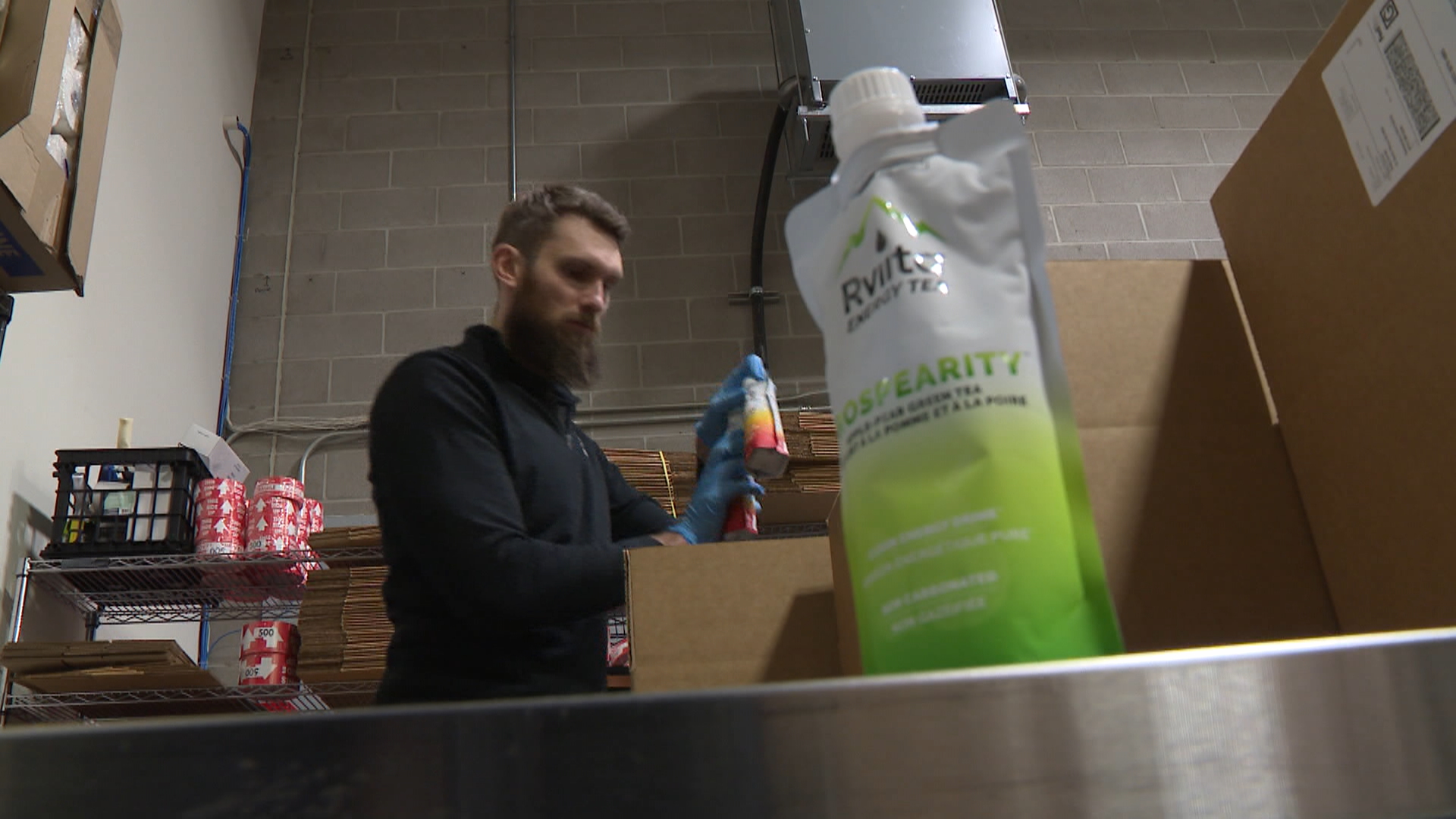ARTICLE AD BOX
THIS mind-boggling optical illusion has puzzle fanatics stumped and struggling to find the answer – but do you have what it takes?
If you can spot the ten differences between the two sunny scenes in just 22 seconds you may have a genius IQ.
 Can you spot the differences between these two scenes?
Can you spot the differences between these two scenes?The picture is of two seemingly identical scenes showing a pair of kids, a girl and a boy, enjoying some fizzy drinks and snacks.
The girl holds an ice cream and the boy is sipping soda through a straw.
Eagle-eyed puzzlers will be able to spot some subtle differences between the two images.
The clock is ticking, can you find them before 22 seconds are up?
The illusion is made especially difficult as the bright colours distract the eyes from the task in hand.
Need a hint? Don’t overthink it the answers are hiding in plain sight.
Try and focus on individual objects and check them against the other picture.
Meanwhile, why not try some other optical illusions while you scroll?
Test your brain power and solve the questions in this test to reveal if you have a high IQ.
Or, see if you have the eyes of a predator and spot the sneaky animal concealed within the carefully sketched image.
Psychologists at The University of Glasgow found that staring at an optical illusion can improve eye sight by allowing you to see small print.
Escape London says puzzles can also give your mind a great workout and may “boost your brain’s activity” which “reduces the risk of dementia.”
And according to ZenBuisness: “These visual puzzles can give you a good mental workout that can, in turn, help you think more efficiently and solve problems more easily.”
 HERE COMES THE SUN Spot the difference between the two sunny scenes in 22 seconds and you could prove you have a genius IQ – OA
HERE COMES THE SUN Spot the difference between the two sunny scenes in 22 seconds and you could prove you have a genius IQ – OA Try to spot the three owls
Try to spot the three owls There they are! Did you find them?
There they are! Did you find them? Can you spot the missing puppy in this scene?
Can you spot the missing puppy in this scene? Did you find the puppy?
Did you find the puppy? Can you spot the bumble bee in this optical illusion?
Can you spot the bumble bee in this optical illusion? Found it in less than 20 seconds? Then you could be a record holder
Found it in less than 20 seconds? Then you could be a record holderHow can optical illusions and brainteasers help me?
Engaging in activities like solving optical illusions and brainteasers can have many cognitive benefits as it can stimulate various brain regions.
Some benefits include:
- Cognitive stimulation: Engaging in these activities challenges the brain, promoting mental agility and flexibility.
- Problem-solving skills: Regular practice enhances analytical thinking and problem-solving abilities.
- Memory improvement: These challenges often require memory recall and can contribute to better memory function.
- Creativity: They encourage thinking outside the box, fostering creativity and innovative thought processes.
- Focus and attention: Working on optical illusions and brainteasers requires concentration, contributing to improved focus.
- Stress relief: The enjoyable nature of these puzzles can act as a form of relaxation and stress relief.
.png)
 4 months ago
6
4 months ago
6








 English (US)
English (US)